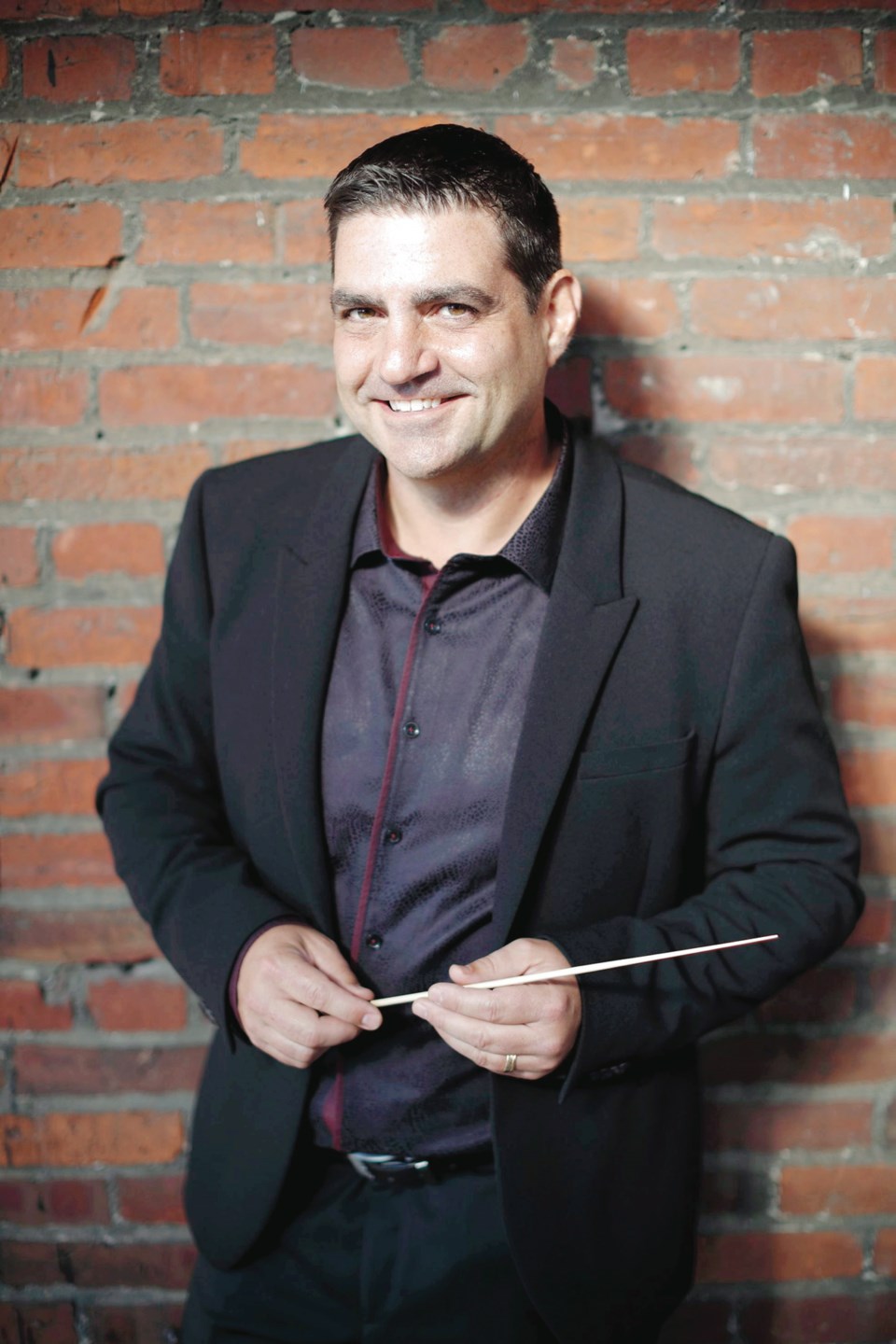IN CONCERT
What: The Wizard of Oz
Where: Royal Theatre, 805 Broughton St.
When: Friday March 8, 8 p.m.; Saturday March 9, 2 p.m. and 8 p.m.
Tickets: $31–$83 from the Royal Theatre box office, by phone at 250-386-6121, or online at rmts.bc.ca
Fan appreciation for The Wizard of Oz grew exponentially when broadcast television introduced it to a new generation of viewers in 1956, almost two decades after Victor Fleming’s film was first shown in theatres.
According to reports at the time, half the children in the United States between the ages of two and 11 watched the 1939 movie when it aired on television.
It remained a small-screen staple until 1980, when The Wizard of Oz eventually made its way to home video, where it set sales records.
Now regarded as the most popular film of all time, it has enjoyed another renaissance in recent years through symphonic adaptations of the film with live orchestra accompaniment.
The multi-sensory production became popular in 2005, when Emmy Award-winning producer John Goberman premièred his unique adaptation. Sean O’Loughlin, the prinicipal pops conductor for the Victoria Symphony, knows Goberman and has led several orchestras through his productions for live orchestra, from Singing in the Rain with the North Carolina Symphony to tributes to Alfred Hitchcock and Rodgers and Hammerstein with the Dallas Symphony Orchestra.
That experience will come in handy for O’Loughlin this weekend. The native New Yorker will be on stage for three screenings and performances of The Wizard Oz at the Royal Theatre on Friday and Saturday, guiding the Victoria Symphony through its first-ever presentation of the classic film.
“[Goberman productions] all present their own, unique challenges,” O’Loughlin said. “Some movies have singing, and others don’t. Obviously this one does, so the challenge is to match the voices coming from the movie with the orchestra playing live.”
Concert performances of popular movie scores weren’t commonplace until composer-conductor John Williams made them a hit during his time with the Boston Pops Orchestra in the early 1980s. “Before that, they were essentially like Styrofoam cups —you used them for the film, and then you kind of threw them away,” O’Loughlin said.
Many scores from famous films had been lost over time. The Wizard of Oz was in that group, and the Oscar-winning music and songs by Harold Arlen, Yip Harburg and Herbert Stothart had to be transcribed from the master reels for Goberman’s production.
John Wilson, guest conductor of the BBC Scottish Symphony Orchestra, is credited with transcribing the music from The Wizard of Oz for the purposes of live performance. It was an extensive — and expensive — process, O’Loughlin said.
“Goberman calls this a concert performance of the movie, and I think that’s the true sense of it. It’s a living and breathing score.”
The version of the film being shown during performances at the Royal Theatre on Friday (8 p.m.) and Saturday (2 p.m. and 8 p.m.) is a high-definition digital transfer that has all the original music wiped clean from the film, leaving only the dialogue, songs and sound effects.
O’Loughlin uses a stopwatch for guidance, and has cues for the orchestra matched to scenes in the film on charts in front of him.
“Once the clock starts and the movie goes, it goes,” he said with a laugh. “You don’t really have any room for error.”
O’Loughlin said the most difficult part of the performance is when the beloved Munchkins appear in the film. The voices of the actors who portrayed the tiny residents of Munchkinland were manually manipulated in the movie to reflect their diminutive stature, which changed the elocution of their speech and songs.
“To get those voices to sound like they did, they manually sped the recordings up, which plays with the pitch and tempo. I wish they would sing in time — it would be wonderful for all involved. Judy Garland is the easiest one of the bunch. It’s those damned Munchkins that are difficult.”
The Royal Theatre has not functioned as a movie theatre since the early 1980s, when distributor Famous Players stopped using the venue for first-run films. The novelty of seeing a movie screened across the stage of the Broughton Street theatre for the first time in decades will add another layer of interest for Victoria audiences, O’Loughlin said.
That the film is a beloved classic is even better. “The theatre is the perfect backdrop, especially for The Wizard of Oz. The room has that ’30s, ’40s feel to it, and when you see a film that is from that same time period, it’s going to be a really fun experience for everyone.”



